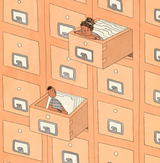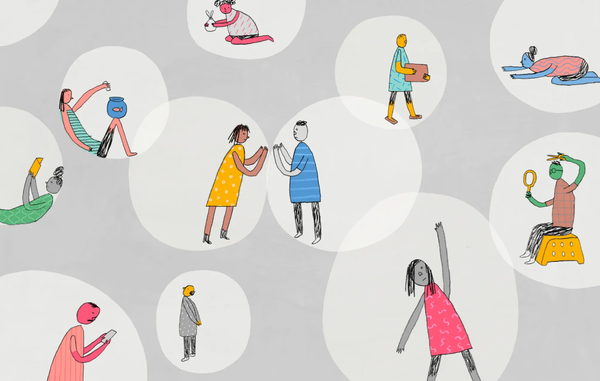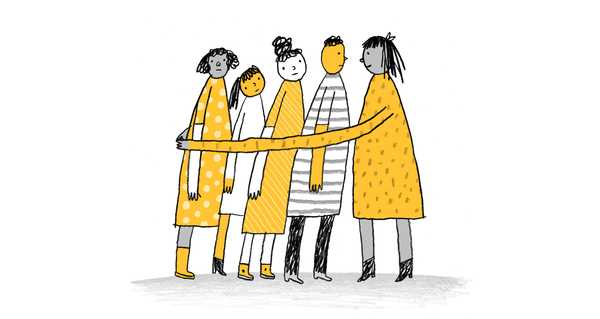How the 4B Movement Exposes America’s Own Failures for Women
The 4B Movement opened my eyes to how systemic failures force women to fight for survival, and it’s a wake-up call for all of us to demand a system that truly supports women’s rights and autonomy.

Being a woman of color means facing racial, gender, and economic injustice. When I first learned about the 4B movement in South Korea, it opened my eyes to how much political systems can affect our lives. The 4B Movement is a feminist movement of complete abstinence from men and the refusal to have children.
At first, it seemed quite far from my own experience; however, I soon found myself understanding that the issues women faced in South Korea–economic hardship, gender inequality, and rejection of traditional roles–were somewhat similar to those in the United States.
A system often failing to provide an equal opportunity for all has forced me to confront that politics is much more than simply voting. Politics is beyond economics and the government but is also the acknowledgment of public frustrations. In South Korea, women’s urgency to reject traditional gender roles such as marrying and having children, falls to the lack of governmental support. Such a system lacks safety, opportunity, and fairness, forcing women to join the movement.
Much like South Korea, the U.S. faces similar issues of economic turmoil, skyrocketing housing prices, stagnant wages, and an increasing conviction that the political system does not favor us. These realities shape our choices and how we engage the world politically. It's becoming quite clear in the U.S. that women are trying to break out of old expectations: whether it is delaying or not marrying, advocating for equal pay, or simply refusing to act according to norms that men have defined.
Economic inflation, the high price of housing, and the uncertain economy are causes that gave rise to the 4B Movement in South Korea. These are the same economic issues that the U.S. has. Both countries leave women with the reality of balancing work with family and personal life survival without proper support from the economy. This issue affects women, especially women of color, as it implies they have to deal with financial insecurity for a lifetime. Policies for women's economic independence like affordable childcare, health care, and paid family leave are often underfunded or inaccessible.
While the 4B Movement and how it emerged as a reaction against economic and gender inequality in Korea seem intense, it doesn’t seem unrealistic for American women.
Although refusing to enter marriage or to have children seems to be more of a rigorous reaction to not being able to succeed in the status quo, it invokes just as an intense and serious response to our voices being heard.
It is not a personal rejection of men; it is survival in a system that does not work for us. The rights of women are being infringed upon daily and as a young black girl in America, it is sad to see women constantly overlooked. The severance from men in the 4B Movement is more than just personal annoyance- it is political.
In the U.S., the misogynist political system that is enforcing restrictive abortion laws to an ever greater wage gap, and even the absence of women in political office all show systemic failures.
The wake-up call for me was the 4B Movement. I no longer see it fit to stay silent in a world that is not built for my success. The 4B Movement is a response to the political atmosphere hammering women's rights, voices, and opportunities.
The more I learned, the more I understood that not only South Korea had such issues. In the U.S., the same political failures affect women's choices- from making ends meet to reclaiming their reproductive rights, to even worse, education, and workforce challenges. I began to see how deeply politics affects our day-to-day lives, and that the policies we support or oppose shape not only the country we live in but also the decisions that we can make as individuals.
Seeing firsthand the polarization of politics, especially on the rights of women, has made me more determined to fight for change, to demand better from our politicians, and to push for economic policies that support women's autonomy. The 4B movement in South Korea is a wake-up call not just for South Korea but for all of us.
If we are to ever get to a point of building a just society, we cannot afford to ignore the teachings these movements offer. Now as women continue to reject a system that fails them, it is time to ask for better from our politicians. After all, as my mom always says, actions speak louder than words.




